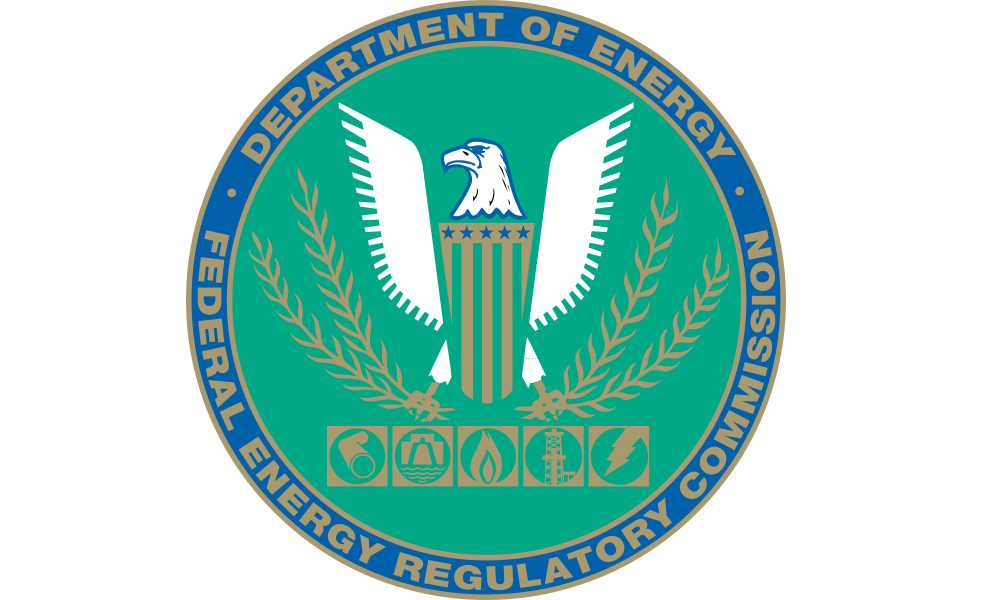February 2015, Vol. 242, No. 2
Government
In Turnaround, FERC Proposes to Allow Surcharges to Fund Modernization

In a departure from past policy, the Federal Energy Regulatory Commission (FERC) is considering allowing interstate pipelines to recoup the costs of complying with federal environmental and safety regulations.
FERC would allow pipelines to insert simplified mechanisms, such as trackers or surcharges, into contracts with shippers. FERC allowed trackers in an isolated case involving Columbia Gas Transmission when it issued a final order in January 2013. Prior to that, the Commission stated that recovering those costs in a tracking mechanism was contrary to the requirement to design rates based on estimated units of service.
Joan Dreskin, the general counsel for the Interstate Natural Gas Association of America (INGAA), called the proposal a “very positive” development. She said that once it becomes final, it won’t open a floodgate of requests for a number of reasons, for example, because some pipelines face more competitive marketplaces than others.
Also, the timing of new environmental and safety requirements may not parallel one another, raising a question about the best timing to negotiate a “tracker” into a contract with a shipper. And those contracts, as was the case with Columbia, will require pipelines to make extensive shipper rate concessions, and provide consumer protections.
It appears FERC’s tentative decision to change policy and allow trackers stems in good part from passage of the Pipeline Safety, Regulatory Certainty, and Job Creation Act of 2011. That law requires transmission companies to undertake new maintenance initiatives. Even prior to passage of that law, the federal Pipeline and Hazardous Materials Administration (PHMSA) had issued a first-step regulatory proposal, never finalized, which could lead to broadened integrity management requirements, including expanded high-consequence areas. Moreover, the Environmental Protection Agency is considering a regulatory proceeding meant to decrease methane emissions from compressors.
Giving certain and potential new federal requirements, the Commission says it is proposing the proposed Policy Statement “in an effort to ensure that existing Commission ratemaking policies do not unnecessarily inhibit interstate natural gas pipelines’ ability to expedite needed or required upgrades and improvements.”
The FERC order approving the contested Columbia settlement (the state of Maryland was among the most vociferous opponents) came in January 2013. The Columbia system stands out because both its pipelines and compressors are, for the most part, of pre-1970 vintage, before pipeline safety rules went into effect.
The majority of its system cannot accommodate inline inspection and cleaning tools. Fifty-five percent of its more than 300 compressor units were installed before 1970. FERC approved a capital cost recovery mechanism (CCRM) allowing Columbia to raise up to $300 million annually for a modernization program. The $300 million is being collected via a rate base multiplier of 14%.
In 2013 and 2014, Columbia spent $626 million to place 73 modernization projects in service including 82,692 horsepower at eight compressor stations and retired 92 miles of bare steel and wrought-iron pipeline.
All Columbia shippers supported the tracker, which was cushioned by substantial rebates, including an annual $35 million rate reduction (retroactive to Jan. 1, 2012), and an additional base rate reduction of $25 million each year beginning Jan. 1, 2014, both reductions to end on the effective date of Columbia’s next section 4 general rate case, or a subsequent NGA section 5 rate adjustment.
Columbia also agreed to initial refunds to firm shippers of $50 million in two equal installments, a rate moratorium through Jan. 31, 2018 and an NGA section 4 general rate filing obligation no later than Feb. 1, 2019. Only the Maryland Public Service Commission (MPSC) opposed it, arguing the tracker would shift the burden of investment costs from Columbia to its customers, and its approval could start down a slippery slope toward such mechanisms replacing rate cases as the primary method for recovering major investment costs.
But Regina Davis, spokeswoman for the MPSC, said those objections would not be voiced today. That is because the Maryland General Assembly enacted the Strategic Infrastructure Development and Enhancement (STRIDE) legislation in 2013 which authorizes tracker-based infrastructure investment rate proceedings.
That STRIDE statute and the policy underlying it were recently applied in a number of Maryland PSC cases. “Therefore, the Maryland PSC precedent relied upon in opposing the Columbia Gas would no longer be argued in the way that it was if a case similar to the Columbia case came up today,” she explained.





Comments